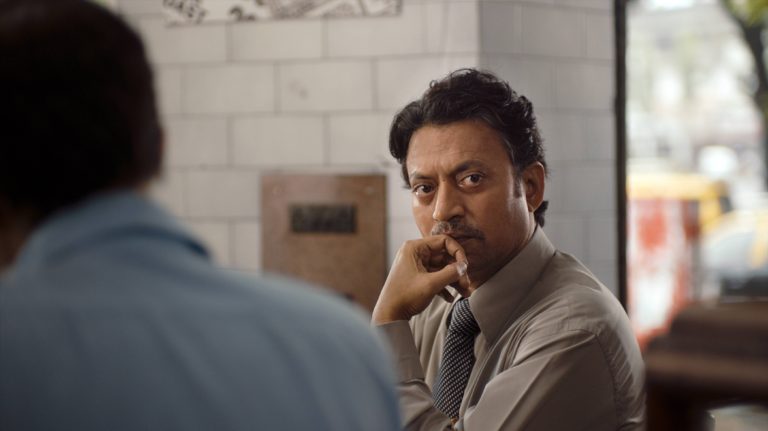Freedom is one of the many oft-romanticized social constructs governing our everyday lives. Generally, we like to perceive freedom as the absence of social, political, physical, emotional, sexual, legal, economic, and geographical constraints upon our identities. Several philosophers and theorists have filled up pages on the endless discourses around freedom. This debate features two kinds of freedom – metaphysical freedom, stemming from the liberty to act according to one’s will, and political freedom, a complex anthropomorphic state that governs each of our social identities. These two kinds of freedom come together to make the idea abstract. No matter how we describe it, it differs in meaning from one person to another.
Do read the review of Great Freedom before reading this Essay.
What better than a prison drama to understand the many nuances around the idea of ‘freedom’? Prisons in popular culture have always sought to broach a conversation about imprisonment, freedom, and the lives and crimes of prisoners. They offer an insight into the kind of life that most people are otherwise unaware of and bear high entertainment value. From Brute Force (1947) to I Love You Phillip Morris (2009), Hollywood has been a pioneer in providing us with a slice of this institutional life, forcing us to look into and understand the prison as an exercise in captivity to rehabilitate the prisoners into everyday life. It has depicted prisons with their ecosystem of offenders and authorities, lying at the end of which is the desire for freedom from imprisonment.
Great Freedom, a 117-minutes long Austrian drama directed by Sebastian Meise, is different not because it problematizes the idea of freedom in the life of a prisoner but because it seeks to underline the great paradox of freedom that Erich Fromm, a renowned German humanist, psychoanalyst, and philosopher, sought to study in the aftermath of the World War II in his book, Escape from Freedom, initially published in 1941.
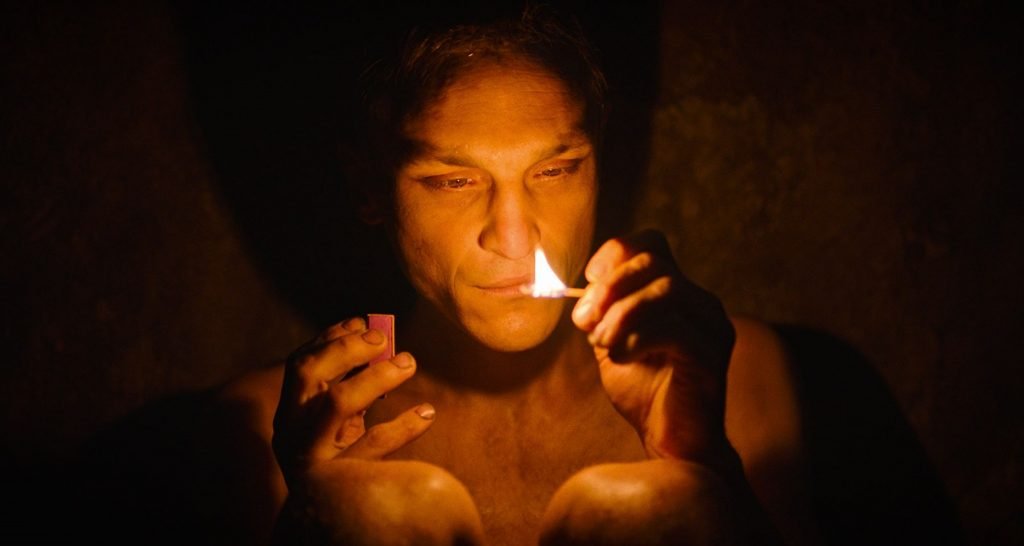
From believed that if the social processes that help construct a man’s identity do not offer the scope of individuation and man tends to lose the relationships that provide him security, he is likely to perceive freedom as a significant burden. Freedom becomes directionless and lacking in meaning, making him crave submission to a kind of relationship with another man or world that relieves him from this unbearable uncertainty, even if it comes at the cost of his freedom. To put it simply, freedom is laced innately with the desire for submission. How else would you explain our protagonist, Hans’s final act, which could land him in prison again? It is how this paradox of freedom comes to define Hans’ life that we will try to understand below through the narrative nuances of Great Freedom.
Our protagonist, Hans Hoffman, played by Franz Rogowski, is a Jewish homosexual man in Germany during the years of and beyond World War II. He has been in a concentration camp during the war; after the war, he gets directly deported to prison under Paragraph 175 under the German Penal Code, the law directly responsible for persecuting queer men in Germany since the 19th century. He, then, identifies as a socially constructed minority, making him a subject of state-sponsored and social forces of authority. The scenes that show the guard leading Hans to his cell in prison, unlocking and locking the gates as he enters this protected area, tell us that he was physically and mentally imprisoned.
In three parallel scenes, the film proves to us that Hans’ identity has been destroyed and changed by his prison experience. When Hans is about to be put inside ‘the hole’ during his first term, we find him protesting and trying to free himself from the guards. He is crying and has water thrown at him for making a ruckus from inside. During his second term, he is dragged and unclothed when he is to be put inside ‘the hole’ again, but he does not protest. When he brings the punishment of ‘the hole’ upon himself during the next term, he is seen surrendering his clothes to the guard, and he loses himself in the surrounding darkness of ‘the hole’. It is discomforting to watch, but the scenes help drive home the point that the social and political processes surrounding Hans were not ideal for the development of an all-rounded identity. It made him a captive individual. He was alienated from society and was starting to find comfort in the familiarity of the prison experience, something that the great, wild world of freedom outside its walls could never offer him.
In this prison, he meets Viktor, played by Georg Friedrich. He is Hans’ roommate during his first term in prison and the only sustainable friendship that Hans develops in all his years in prison. Viktor is homophobic and detests Hans initially, but we soon see them develop an awkward friendship. Viktor helps Hans hide the tattoo from his concentration camp days, and Hans helps Viktor deal with the withdrawal symptoms of drugs. Viktor, like Hans, suffers from the same twisted relationship with freedom; only he has found his sense of security in his drugs and tattoos. In Viktor’s case, this misguided security is also responsible for keeping him confined within the prison walls, a class catch-22 situation. He desires freedom; he is so close to being out of prison, but the false sense of security drives him back to the drugs, thus killing his long unfulfilled wish for freedom.
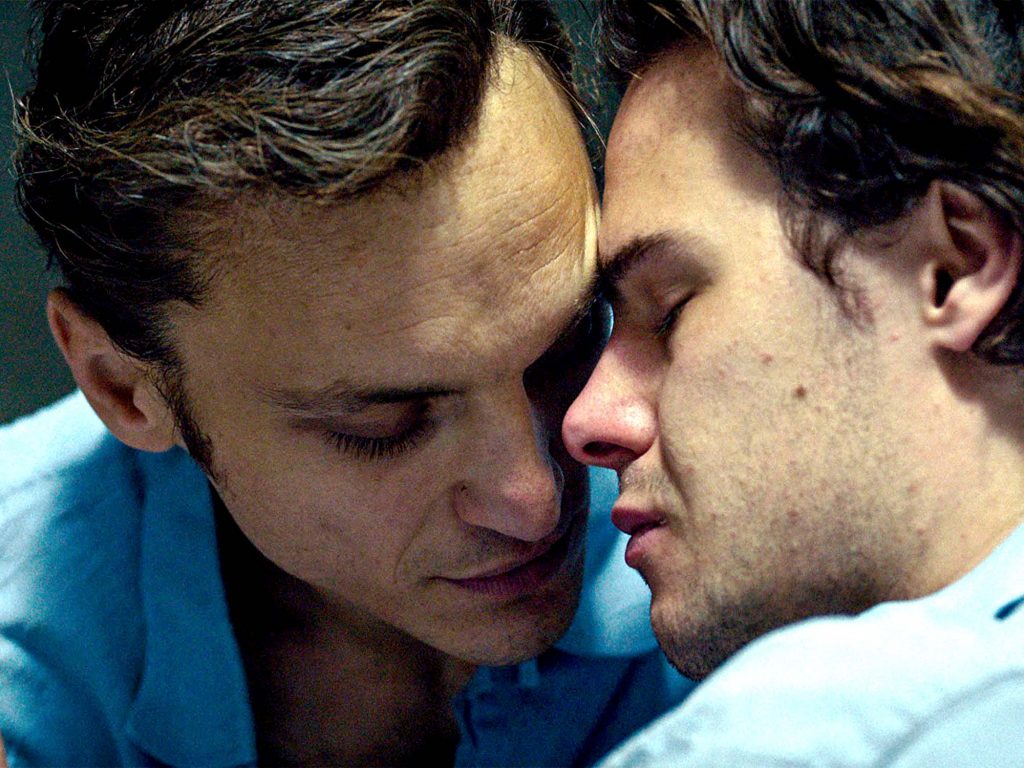
The relationship shared between Viktor and Hans becomes a relief against uncertainty. It is a relationship rooted in human needs, not desires. By the end of Hans’ third term in prison, we find Viktor going the distance to bribe the prison guard so that Hans and Viktor could share a cell again. Their relationship breeds a sense of familiarity, a break from the uncertainties around them and their lives. It becomes comforting to Hans, physically depicted by the snuggling into bed with Viktor in one of the scenes. When Hans is leaving and is about to bid farewell to Viktor, the uneasiness between them is jarring. However, this is not the only relationship Hans has found comfort in within the prison walls.
During the second term, it appears that he is convicted along with his partner, Oskar, played by Thomas Prenn, who chooses to commit suicide – a willing choice of ultimate freedom from life, imprisonment, and the social processes that brand him as a queer person. He acts as a foil to Viktor, but he is not Viktor’s sense of security in prison. During his third term, Hans is attracted to a young teacher, Leo, played by Anton von Lucke, and indulges in a brief affair with him. However, Hans sacrifices his freedom to allow the young man to serve a shorter prison term. This willful choice to act according to his own will can be called positive freedom in Fromm’s words. We find Hans consciously exercising it in the narrative. He also confesses to having had ‘nothing’, or no relationship, with Leo. Therefore, Hans anchors himself to the only lasting relationship known to him in all these years, the one he shares with Viktor. Freedom is unbearable for Hans because he wants to come back to this friendship, even if that means submitting to more prison time.
Checkout – Decoding The Symbolic Ending Of Prisoners (2013)
As the film progresses, artistically fragmented as it is, we come to understand that Hans has been in this prison several times. The film explicitly holds up three such instances for us – from the end of World War II (1945) to when Neil Armstrong first stepped foot on the moon (1969). It makes us wonder why the idea of being a free man outside the prison walls was so unbearable for him. The answer is simple – his idea of liberty has been modified due to his long-term experience with captivity. Freedom has become an unbearable burden for him, so much that he doesn’t know what he would do and who he’d be outside the social forces that make him a state-acknowledged minority in society. Simply put, the act of being imprisoned has become a part of himself.
Inevitably, when Hans finally arrives at Great Freedom – the pub and the state in society after years of imprisonment – he seems lost and clueless in his desire to navigate it. Director Meise tightens the frames around him, and the camera follows him around at an uncomfortable closeness, making the place look and feel claustrophobic. The dungeons made in the basement for free experimenting of queer love, which should have provided him with the ground to explore his sexual desires without being afraid of being branded as a sex offender, seem to close in on his freedom. He again exercises his will (read: positive freedom) to commit a crime and go back to the prison, therefore ringing true Fromm’s idea of paradoxical freedom, the instinctive desire for submission in order to achieve freedom.
Great Freedom (2021) Links: IMDb, MUBI, Rotten Tomatoes
Director: Sebastian Meise
Cast: Franz Rogowski, Georg Friedrich, Anton von Lucke, Thomas Prenn




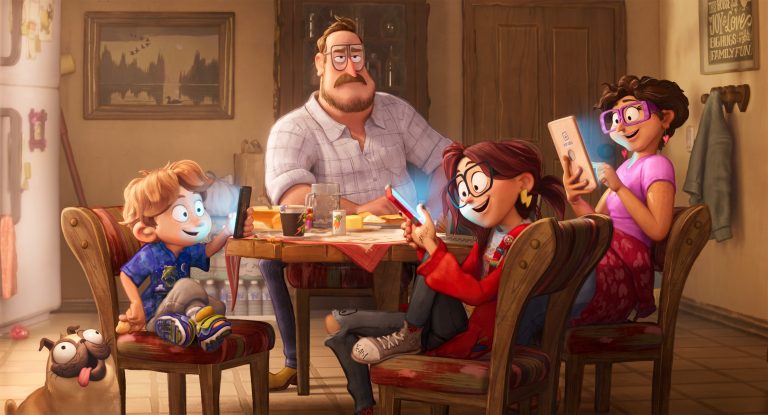
![Dhuin [2022]: ‘MAMI’ Review – Placid and ruthless in the same breath](https://79468c92.delivery.rocketcdn.me/wp-content/uploads/2022/02/Duin-Movie-2022-Achal-Mishra-768x432.jpg)
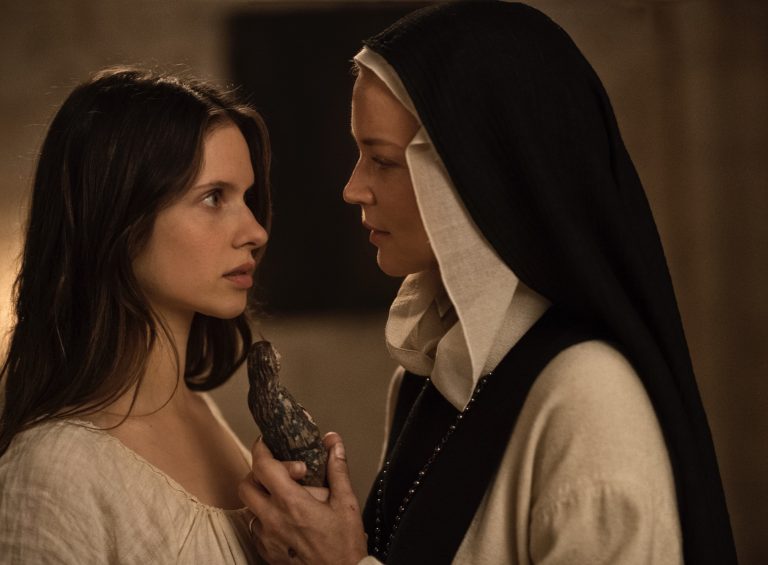
![MLK/FBI [2020] Review – A Profound Look at a Critical Chapter in American Civil Rights Movement](https://79468c92.delivery.rocketcdn.me/wp-content/uploads/2021/02/MLK-FBI-2020-768x432.jpg)
